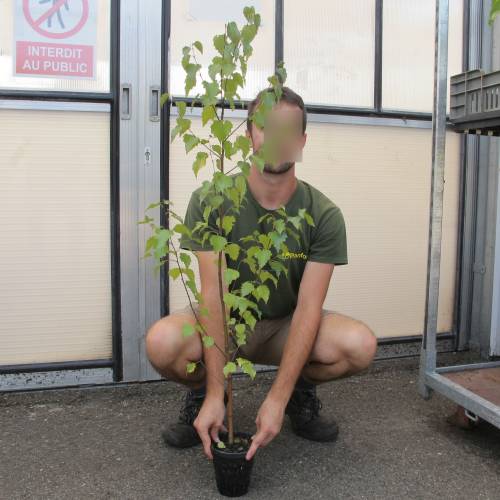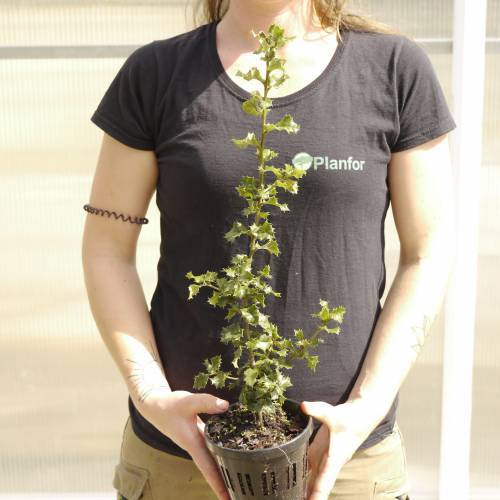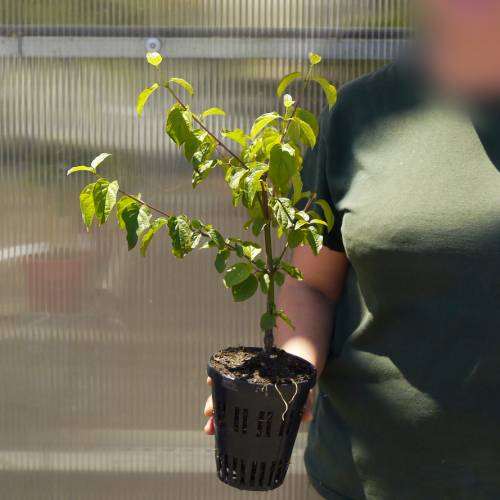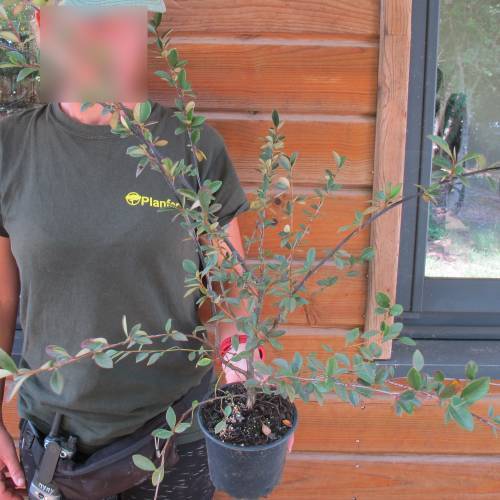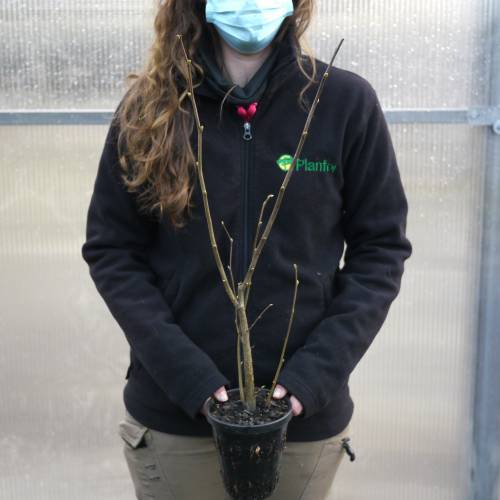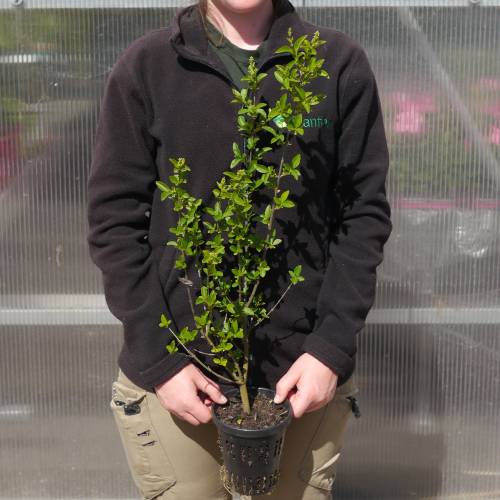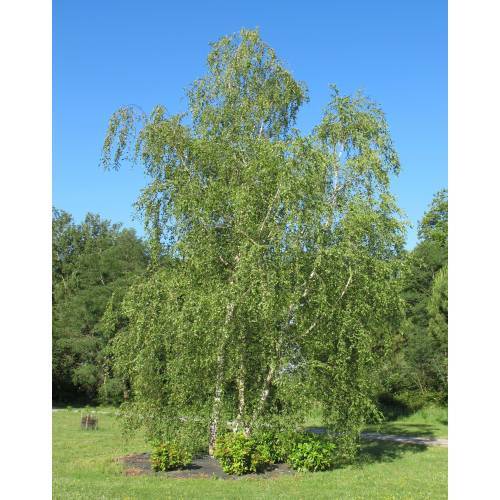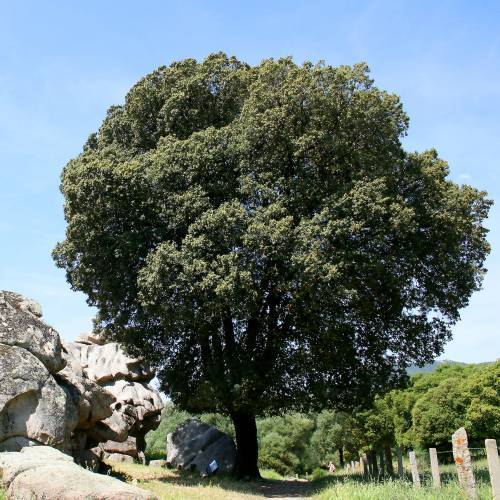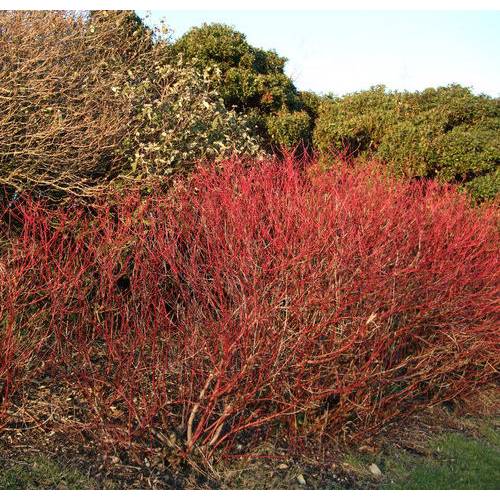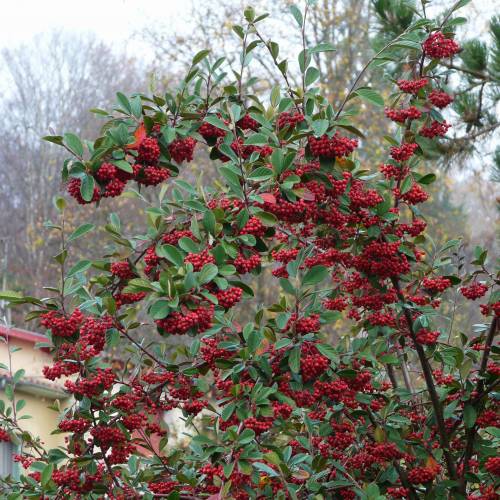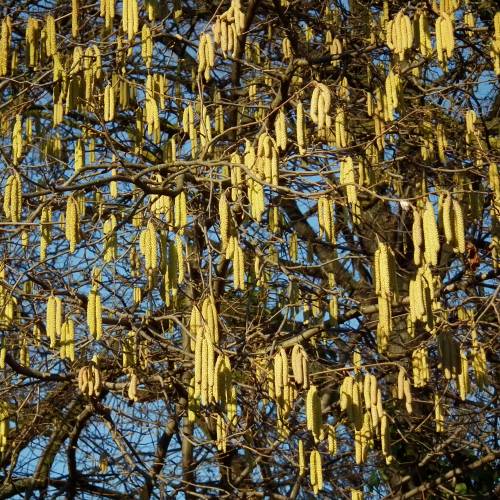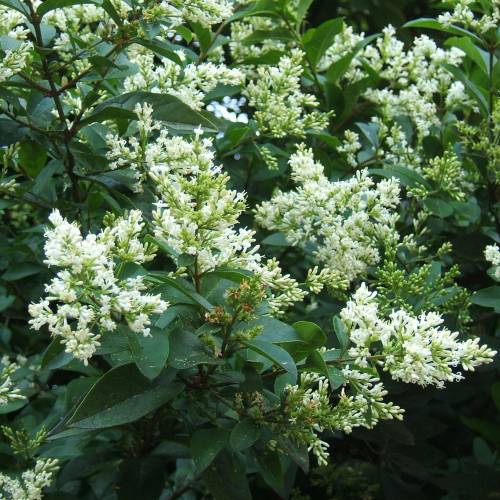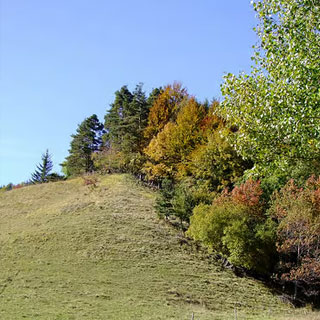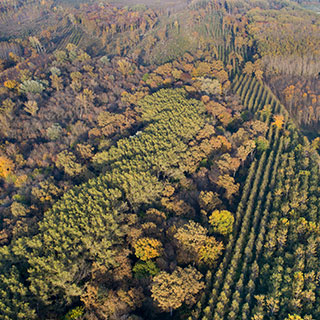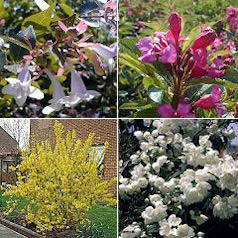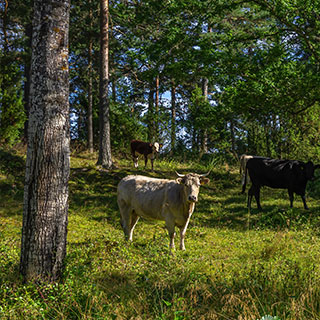
Plants
Forest edge for acid soil / LFA
-
Type of soil: Acid (ph<7)
Adult height: The forest edge doesn’t need pruning. The plants which form this edge are free to grow to their own height.
Period of interest: All year.
Planting distances:
- Setting up two staggered rows for planting
- Keeping 2 metres between each plant of a same row
- Alternating bushes and trees to densify the top of the edge
Aims:
Introducing biodiversity on forest edges to help the forests with the climate changes.
Planting to create a certain harmony between tall trees, and middle-height and small bushes.
The Forest edge has several aims:
- Sanitary: increasing the biological fight by hosting auxiliary predatory species, for example.
- Protective: protecting against fires and hurricanes by creating a natural barrier.
- Landscaping: diversifying the landscapes, mainly those of cultivated forests.
- Convenient: creating recognizable physical boundaries.
- Environmental: creating natural habitats and sources of food for plants and animals.


